Like a hog, or dog in the manger, he doth only keep it because it shall do nobody else good, hurting himself and others
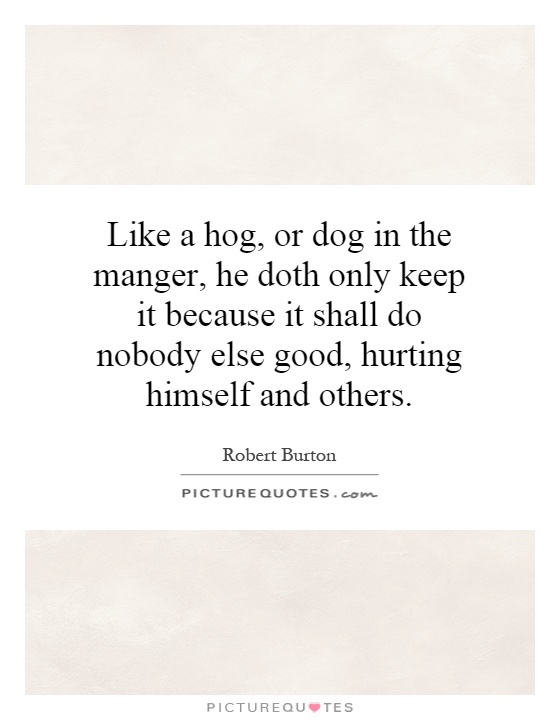
Like a hog, or dog in the manger, he doth only keep it because it shall do nobody else good, hurting himself and others
Robert Burton was a 17th-century English scholar and writer best known for his work "The Anatomy of Melancholy." In this quote, Burton is using the metaphor of a hog or dog in the manger to describe someone who selfishly holds onto something without any intention of using it themselves, simply to prevent others from benefiting from it. This behavior not only harms others but also ultimately harms the individual who is hoarding the resource.The image of a hog or dog in the manger comes from an ancient fable in which a dog lies in a manger full of hay, preventing the oxen from eating it even though the dog has no use for the hay itself. This selfish and irrational behavior is likened to someone who holds onto something simply out of spite or jealousy, even though they have no real need for it.
Burton's use of this metaphor suggests that this kind of behavior is not only harmful to others but also ultimately self-destructive. By hoarding resources or opportunities that could benefit others, the individual is depriving themselves of potential allies or collaborators who could help them in the future. This kind of selfishness can lead to isolation and resentment from others, ultimately harming the individual's own well-being and reputation.
Furthermore, by preventing others from benefiting from a resource, the individual is also contributing to a culture of scarcity and competition rather than cooperation and abundance. This kind of zero-sum thinking ultimately harms everyone involved, as it creates unnecessary conflict and division where there could be collaboration and mutual benefit.
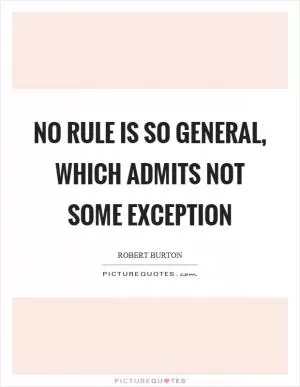
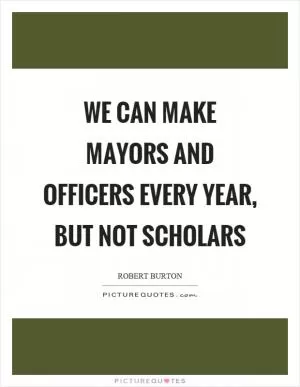



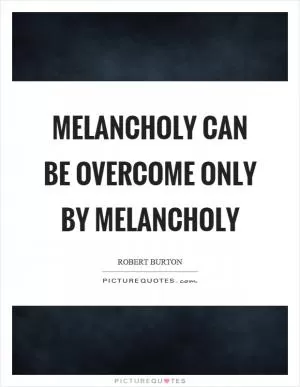
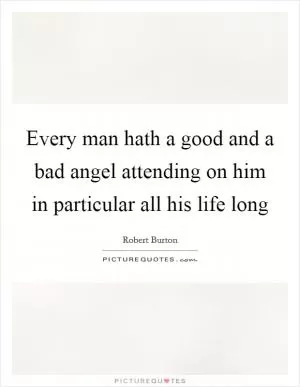
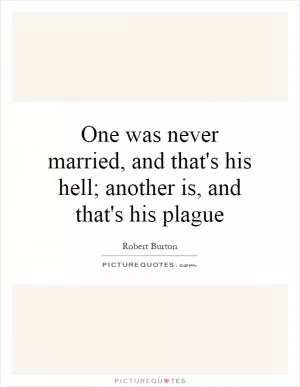
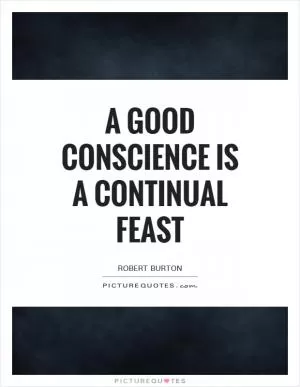
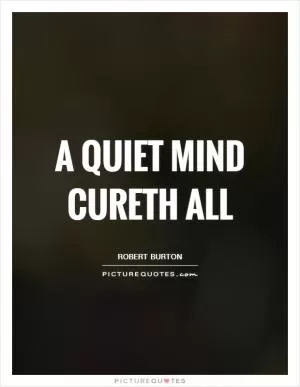
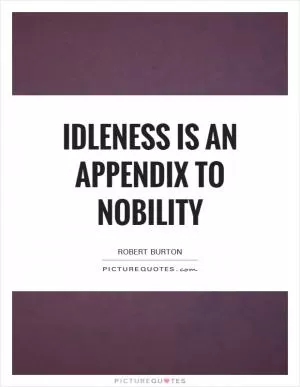
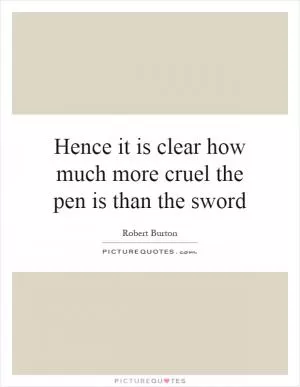
 Friendship Quotes
Friendship Quotes Love Quotes
Love Quotes Life Quotes
Life Quotes Funny Quotes
Funny Quotes Motivational Quotes
Motivational Quotes Inspirational Quotes
Inspirational Quotes